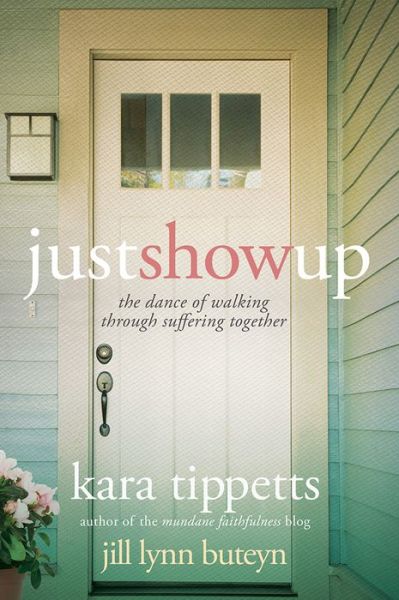As Kara’s and my story has been shared with so many people, I have received many emails and messages asking how to walk through grief in a healthy way—some are losing a wife, a child, some are wanting to help their friends in their grief, and some are running away from it and want to stop. I don’t have great answers, but I thought I would just share some things I’ve learned as I’ve traveled this journey.
These are simply my thoughts; I could be wrong or immature, but this is the fruit of my grief at this point.
One thing that has been so valuable in this season is people giving me freedom to create my own path of grief. I imagine that some in my close community have struggled with this. Giving freedom means letting go of expectations and allowing new norms to form and take root. It is common and helpful for people to watch for unhealthy paths of grief. But make sure in your watching, you are first loving. I appreciate my friends who have helped me evaluate these paths, but I also appreciate the freedom I have been given.
Our culture would like to explain the grief process as a dot on a line: safe, controlled, progressing at a “normal” pace. For me, a better illustration is a framed window. I can live and move within this large space where the border is framed not by cultural expectations (e.g. You will be better in 6 months) or personal expectations (e.g. You need a hobby to fill your mind), but by asking, How does an emotionally healthy person live?
It seems that we will deal with grief the way we deal with common issues in life; meaning, you will not likely be a completely different person. If you are quiet and reflective, you will probably grieve that way. Kara and I communicated a lot. We enjoyed discussing life together; it was just how we operated. So now in my grief without her, I have to talk and communicate my process and questions to someone else.
Don’t expect someone who is generally more reserved to want to talk through all the facets of grief. Walking along the grief takes a level of relational warmth. Pay attention to how they operate and allow them to grieve in a way that is helpful to them; remember—it may not be helpful to you, but they are the ones whose lives have been changed in every single aspect.
In the same vein, don’t expect someone who is not usually emotional to be really emotional in grief. They may or may not; let them decide and give them the space to choose. Allow them to frame their own window of healthy grief.
Don’t be afraid to bring up their loss. A loss is inescapable and constantly on their mind, so give them the opportunity to talk or not talk. Don’t fear making them sad: they are sad already. Acknowledging their loss is better than ignoring it and hoping they will bring it up. If you want to open the door for them, you could say something like, I imagine your days are an emotional rollercoaster. Making statements of care that allow the grief stricken to answer, long or short, is a wonderful way to notice them and validate their grief. Be graciously inquisitive and engaging, but not demanding. At the core of grief is the missing of a person, a relationship, and a future no longer available.
I mentioned relational warmth; this is a quality that we all appreciate in friends. It is the ability to be selfless, gracious, and peaceful—all while giving the griever the freedom to be none of these—and assuring them you will still love them and they are safe with you.
Jill and Kara write about this in Just Show Up. This book is not specific to walking with someone in grief but just walking with someone in the hard parts of their life. The first step in any relationship is to notice them and then to move toward them.
Walking toward someone takes a lot of selflessness and sympathy, love, a tender heart, and a humble mind (I Peter 3:8). These attributes are helpful to focus on as you give freedom to the grieving. But we need to remember there is no secret formula—sometimes our efforts are received, and sometimes they are not. And that’s okay. What is valuable is engaging someone without expectation that they will be who you want them to be and grieve how you want them to grieve. Love them by giving them this freedom.
Have you ever laid expectations on someone who is grieving and felt at a loss when their grief did not meet that expectation? How did you love them at that point? Is there someone in your life—church, school, work, neighborhood—who is grieving? How can you move toward them in kindness, offering freedom and safety? Maybe you are the one who is grieving. What does your grief process look like? Is it a dot on a line? A framed window? Something else? What has been particularly helpful to you? Has someone loved you well in your grief?




